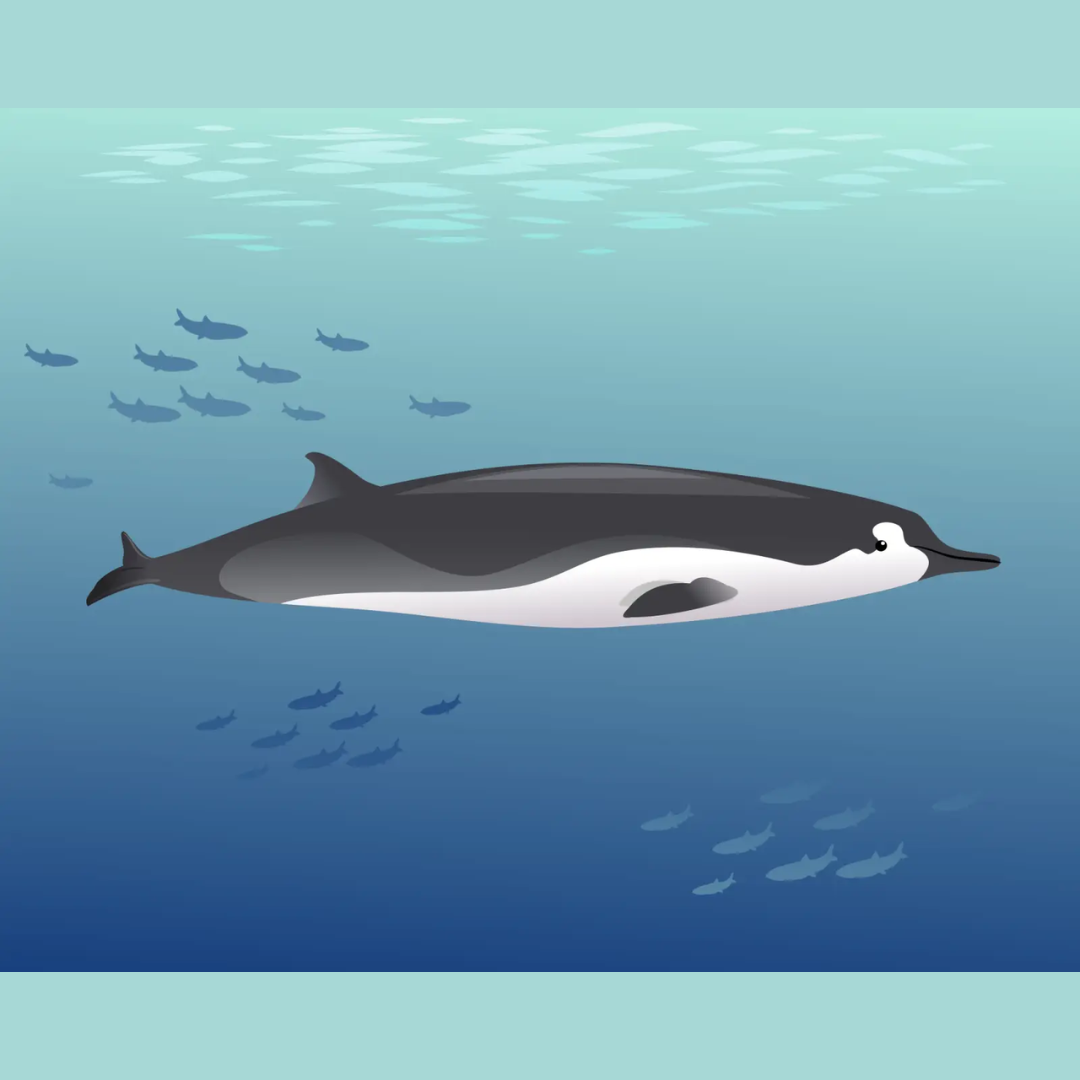
New Zealand Beach Welcomes World’s Rarest Whale
Recommended for Marine Biology
Unveiling the Spade-Toothed Whale’s Secrets on a New Zealand Beach
Hey there, curious enthusiasts. Imagine stumbling upon a unicorn on a morning beach stroll. That’s the kind of astonishment scientists felt when a spade-toothed whale washed ashore in New Zealand. This elusive creature, rarely seen alive, is a scientific enigma. But its tragic end marks the beginning of an unprecedented opportunity to unlock its secrets.
What makes the spade-toothed whale so special?
It's the unicorn of the sea – a species so elusive, scientists know next to nothing about it.
Why does this discovery matter?
This is our first chance to study a well-preserved specimen, a key to understanding its biology, behavior, and role in the ecosystem.
What's the significance for New Zealand?
Whales hold deep spiritual importance for the Māori people, intertwining this scientific quest with cultural reverence.
Hey there, Ron Howard here. Imagine stumbling upon a unicorn on a morning beach stroll. That’s the kind of astonishment scientists felt when a spade-toothed whale washed ashore in New Zealand. This elusive creature, so rarely seen alive it has earned the moniker “unicorn of the sea,” is a scientific enigma. But its tragic end marks the beginning of an unprecedented opportunity to unlock its secrets.
Key Facts
- The waves whispered secrets as they gently nudged a massive form onto the pristine sands of a New Zealand beach. At first glance, it was just another beached whale, a tragic yet sadly familiar sight in this part of the world. But this was no ordinary whale. This was a spade-toothed whale, a creature so elusive that it has earned the moniker “unicorn of the sea.”
- The whale’s arrival was a somber symphony of loss and discovery. Māori elders, alongside marine biologists, gathered in a poignant blend of mourning and reverence. For the Māori, this was a taonga, a sacred treasure from the sea, a connection to their ancestors. For scientists, it was a treasure trove of data, a chance to finally dissect the mysteries of this enigmatic species.
- Dr. Emma Robinson, a leading marine biologist with tears in her eyes, shared her bittersweet excitement, “This is like opening a time capsule from the depths of the ocean. It’s a heartbreaking loss, but also an unprecedented opportunity.”
- Scientists are working tirelessly, extracting DNA, analyzing stomach contents, and creating detailed 3D models of the whale’s anatomy. Each sample is a clue, a piece of the puzzle that could reveal the whale’s diet, migratory patterns, and even its evolutionary history.
- But this is not just a scientific endeavor. For the Māori people, the Indigenous people of New Zealand, whales are taonga, sacred treasures. They hold a deep spiritual significance, representing a connection to their ancestors and the natural world. This beached whale is not just a scientific specimen, it’s a cultural touchstone.
- Researchers are working closely with Māori communities to ensure the whale is treated with the utmost respect and that its story is told in a way that honors its cultural importance. This collaboration is a testament to the deep respect for both scientific inquiry and indigenous knowledge.
Conclusion
This encounter is a wake-up call. The spade-toothed whale’s story underscores the fragility of our oceans and the interconnectedness of all living things. It’s a reminder that even the most elusive creatures have a role to play in the delicate balance of our planet.
The story doesn’t end on the New Zealand beach. This rare encounter has sparked a global conversation about marine conservation. Scientists, conservationists, and Indigenous communities are uniting to protect these majestic creatures and their habitats.
What Can You Do?
- Support Marine Conservation: Donate to organizations dedicated to protecting whales and their habitats.
- Spread Awareness: Share this story with your friends and family to highlight the importance of ocean conservation.
- Learn More: Dive into the world of whales and their crucial role in our planet’s health.
Let’s honor this gentle giant by protecting the ocean it called home. Together, we can ensure that this whale’s story is not just a tale of mystery, but a catalyst for change, a beacon of hope in a world that desperately needs it.
Related Stories
Curious Times is a leading newspaper and website for kids. We publish daily global news aligned to your learning levels (also as per NEP 2020): Foundational, Preparatory (Primary), Middle and Senior. So, check out the News tab for this. We bring kids’ favourite Curious Times Weekly newspaper every weekend with top news, feature stories and kids’ contributions. Check out daily JokesPoke, Tongue Twisters, Word of the Day and Quote of the Day, kids need it all the time.
ME – My Expressions at Curious Times is your place to get your work published, building your quality digital footprint. And it is a good way to share your talent and skills with your friends, family, school, teachers and the world. Thus, as you will step into higher educational institutes your published content will showcase your strength.
Events, Quizzes and Competitions bring students from over 5,000 schools globally to participate in the 21st-Century themes. Here schools and students win certificates, prizes and recognition through these global events.
Sign-up for your school for FREE!
Communicate with us: WhatsApp, Instagram, Facebook, Youtube, Twitter, and LinkedIn
0 (Please login to give a Curious Clap to your friend.)
